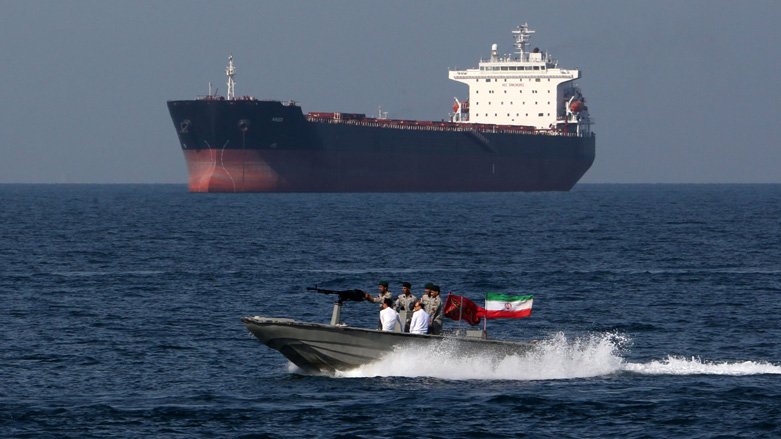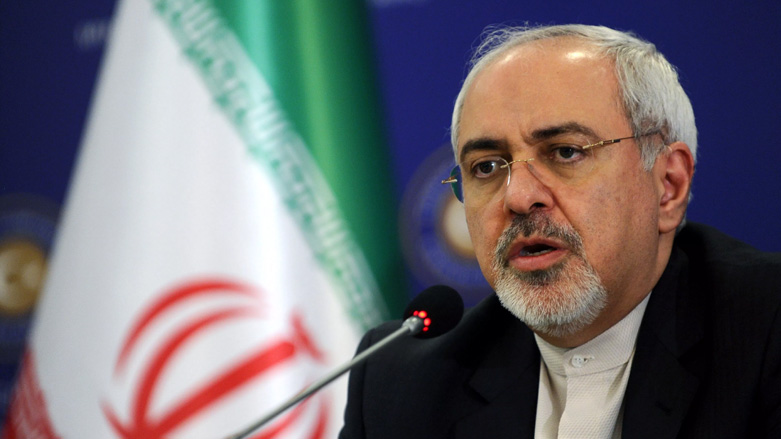Iran warns Israel over potential role in US-led Gulf mission

ERBIL (Kurdistan 24) – Iran’s foreign ministry on Friday warned that any Israeli involvement in the current US-led maritime mission in the Persian Gulf would be deemed a threat to the nation's national security and one it would respond to.
Israel’s presence in the US naval coalition will be seen as a “clear threat” to the “security, sovereignty, and integrity of the Islamic Republic and the Persian Gulf’s security,” ministry spokesman Seyyed Abbas Mousavi said, according to the semi-official Mehr news agency.
One of Iran’s regional arch-enemies, Israeli foreign minister Israel Katz, has reportedly said in closed-door meetings between various officials that his country's security forces would have a role in the Unites States' regional maritime mission.
The US has called for the formation of a coalition to respond to recent Iranian actions that include the seizure of oil tankers in what increasingly appears to be turning into a West versus Iran standoff.
Should Israel join the coalition, Mousavi stated, Iran “reserves the right to confront this threat and defend itself.” The consequences of Tehran’s retaliatory measures, he said, would fall upon both the US and Israel.
So far, the UK has agreed to participate in the US initiative along with South Korea, with additional participants also considering options as European countries seek to ease brewing tensions in the strategic Gulf waters to the south of Iran. China has also hinted that it might join while Russia and Iran are reportedly seeking to hold a joint naval drill in the Gulf.
Iran’s Islamic Revolutionary Guard Corps (IRGC) has so far seized three oil tankers passing through Gulf waters, one of which is owned by a British company. These actions came after the British Royal Navy impounded an Iranian ship off the coast of Gibraltar purportedly on its way to deliver oil to Syria in contravention of EU sanctions.
Read more: Iran seizes British oil tanker in Strait of Hormuz
Before these incidents, six other tankers in the area were attacked on two separate occasions, with the US accusing Iran and its non-state allies of having been behind the actions. The IRGC air force also shot down a US drone, claiming it had violated Iran’s airspace.
These incidents, along with the tanker seizures, stirred oil markets and spiked security concerns in the area, through which a significant portion of the world’s oil travels. This has caused some oil-exporting nations in the region to explore options that could put a damper on such volatility.
This comes over a year after the US withdrew from an international Iran nuclear deal that many other nations have since tried to salvage. In recent months, Tehran has made announcements that it would decrease its compliance with the original agreement's stipulations.
Read more: Iran says it will continue to decrease compliance with nuclear deal
The deal sought to curb Iran’s nuclear weapons ambitions but Washington has said it has served to increase Tehran’s regional “malign” activities and bolstered its influence, calling for a new deal that takes these matters into account as well as the country’s ballistic missile program.
Editing by John J. Catherine

